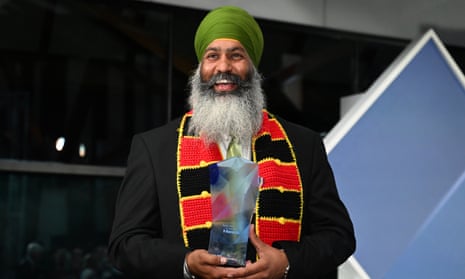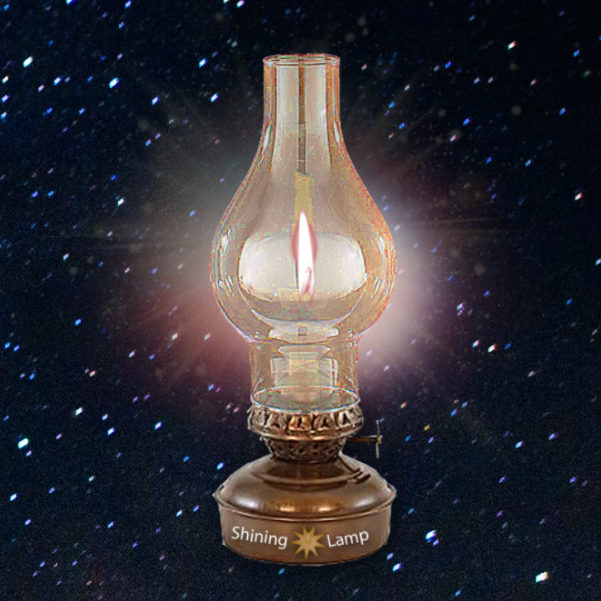Striving to remove barriers that prevent us from building Vibrant, Diverse, Inclusive, Accessible Communities!
By Arwa Mahdawi
Columnist, Guardian US
In a world brimming with diverse cultures and identities, the simple act of saying someone's name correctly can be a profound gesture of respect and inclusivity. Picture this: a child's excitement on the first day of school, proudly sharing how one teacher took the time to learn the pronunciation of their name, contrasting sharply with the indifference of others. It's a scenario that resonates deeply in a society where multiculturalism is celebrated but often misunderstood.

Amar Singh poses for photos after receiving his Australian Local Hero of the Year award
Consider the story of Amar Singh, a migrant and true-blue Aussie, whose selfless efforts with Turbans 4 Australia epitomize the power of individual kindness. Yet, even as Singh is hailed as a local hero, the struggle to have his name pronounced correctly underscores a broader problem faced by many migrants. The question arises: What do we do when faced with names that seem foreign or difficult?
For many, the default solution seems to be simplification or avoidance, as seen in Singh's case, where his teacher opted for the easier-to-pronounce "David." But should cultural assimilation require such compromises? Shouldn't we aspire to a society where every individual feels respected and valued for their unique identity?
Dr. Ranjana Srivastava, an Australian oncologist and Fulbright scholar, shares her own journey of reclaiming her name after years of compromise and discomfort. She reflects on instances where mispronunciations were shrugged off or tolerated, highlighting the inherent power dynamics at play. Yet, she also offers a path forward, one of patient education and mutual respect.
Imagine a world where every encounter begins with a genuine effort to learn and honor each other's names, where cultural sensitivity isn't just a buzzword but a lived experience. It's a vision that aligns with the reality of modern-day Australia, where cultural diversity is not just a facet but the very fabric of our society.
As we navigate the problems of a globalized world, let us remember that it's the small acts of acknowledgment and respect that pave the way for meaningful connections. So, the next time you're faced with a name that seems unfamiliar, take a moment to learn its pronunciation. You might just discover a deeper appreciation for the richness of human diversity and, in doing so, pave the way for a more inclusive and culturally sensitive society.
Read the Full Article: Want to be culturally sensitive? Start with saying my name right Ranjana Srivastava
Share or Print with:

